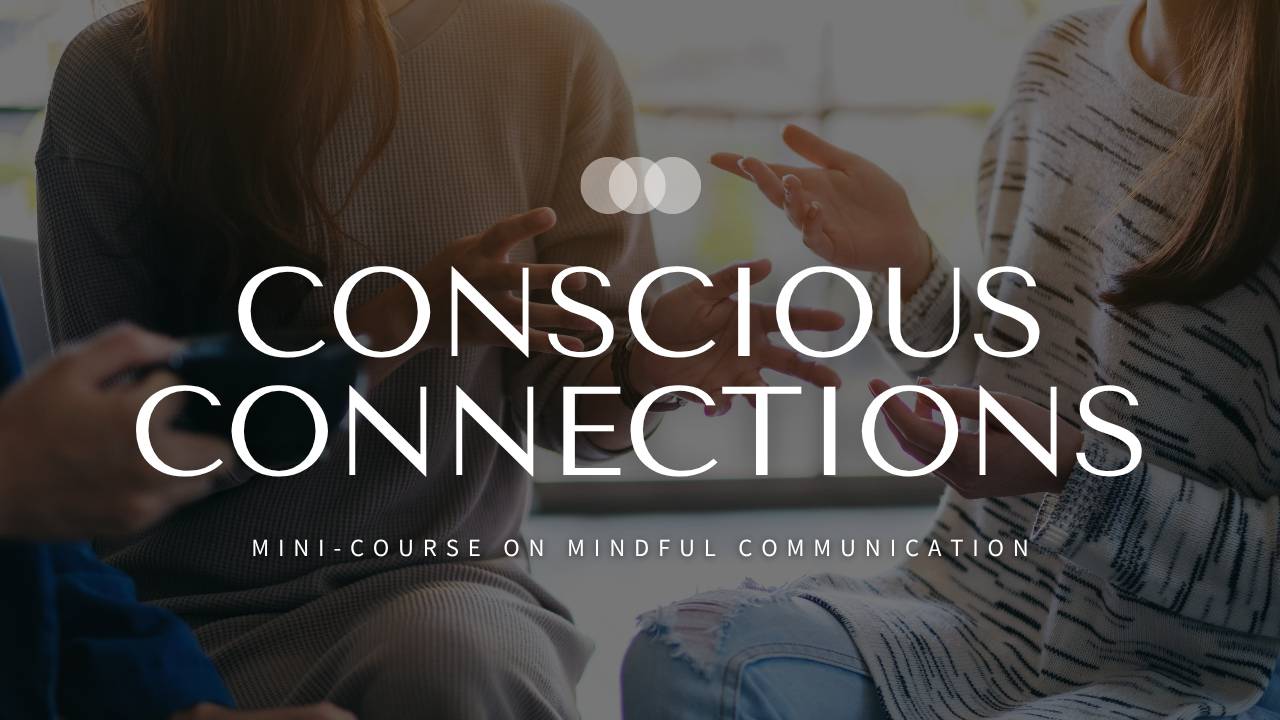How to Survive Your Family This Holiday Season

Sometimes navigating family parties can be like trying to navigate these smiling gingerbread people with knives. They look nice, but you see many possibilities for how this could go very wrong…
The holiday season often means interacting with people we otherwise would avoid. I have narrowed them down to 5 different “personalities”:
-
The Disagree-er...aka the uncle who only wants to just disagree with everything you say...especially when it comes to politics or religion.
-
The Passive Aggressive Alligator...aka the aunt who somehow manages to make jabs between her “compliments.”
-
The Stage Hogger...aka your cousin/sibling who wants everyone to know how about how well they are doing and never stop to ask you how you are doing.
-
The Stormy Rain Cloud...aka the family friend who is nice, but always seems to be going through something heavy and wants to dump it all onto you.
-
The "Innocent" Provoker ....aka grandma who is asking you why you did that thing to your hair and when you are going to have more kids?
It’s exhausting to say the least. You love your family but sometimes from a distance is the best (or only) way to love them. Not to worry, I have consolidated some tools to get you (and me) through the holiday season with these “personalities.”
#1 The Disagree-er
Many of us get uncomfortable having to talk to people we disagree with. We would rather avoid it than expend the energy required to have these interactions. However, when you’re unable to choose avoidance, try to keep these three tips in mind.
-
Establish Common Ground - try to find something you both can agree on before trying to share your differentiating point of views.
-
Curiosity - Be curious about their feelings, fears, concerns. This opens up your mind and also invites them to do the same for you when you are speaking. Engage in silent listening. Let them talk for a little bit before you interject. When they are sharing ask questions (be curious) instead of critiquing.
-
Realistic Goals - Humans are stubborn and don’t always change in one conversation. You may not persuade them to change their minds, but perhaps you get them to listen. Change is often small and takes time.
#2 Passive Aggressive Communicators
Passive aggressive communicators disguise their dissatisfaction. Ever ask someone who looks upset if they are okay? Only to be given the response “I’m fine,” as they continue to slam things in the kitchen and only talk in short sentences? Yeah, they’re not fine. Some other typical “disguises” are backhanded compliments, sarcasm, teasing, silent treatment, eye rolling, sulking, no follow through. So what do you do with these people at a holiday gathering?
-
Don’t take it personal, it’s not about you - passive aggressive behavior is often connected to feeling insecure, angry, or sadness on the inside. Being passive aggressive allows them to avoid dealing with these suppressed emotions, taking zero responsibility.
-
Let them know it’s okay to speak directly - often these communicators are passive because they are nervous about how someone will respond to the truth. Maybe your “green light” to speak directly will help them express how they actually feel.
-
Validate them - Yes, you read that right, validate them, meaning give them empathy. This is for the folks who are not going to change and you’ve come to peace with it. Remember, we are talking about surviving the holidays, not cultivating a healthy relationship with this person.
#3 Stage Hoggers
These folks LOVE to hear themselves talk, they only let you talk because they need to catch their breath. There are a few options in handling these talkers, you’ll have to determine which is best by considering your relationship with this person and how assertive you feel comfortable being.
More Assertive Approaches
-
Let them know you want to share - “Thanks for sharing all this great news about work. Could I share some of my work updates with you?” Being kind and assertive can go a long way, but you have to feel confident to use this approach.
-
Tell them you can’t talk - when there is a pause, tell them you have to leave or have something you need to go check on. Maybe you remember that grandma asked you to go pick up something at the store or check on something in the kitchen….*wink wink* Byyyiiee.
Less Assertive Approaches
-
Give nonverbal signs of disinterest - break eye contact, look at your watch, check your phone. This may or may not work, depending on how desperate the stage hogger is to keep you around.
-
Avoid them - avoid them like your life depends on it. You are Pac-Man trying to eat all the yummy food at the party and they are the ghosts who are trying to suck your soul.
#4 The Stormy Rain Cloud
These folks always cast themselves as the victim in their movies. “Poor me” is the underlying tone of their life. The world is out to get them, everyone else is the reason for their misery. And when you dare to offer a solution or advice they respond with, “Yeah, but…” and pour more rain on their already rainy parade.
-
Do not try to fix it, they don’t want it fixed - They are not looking for a solution to their problems, they just want to talk about their problems. If you have the ability to hold space for them, great. However, make sure you have a hard out. They will keep you all night if you let them, draining all of your energy. Listen as much as you can (don’t offer advice), offer some empathy, but have a clear boundary.
-
Share some love - If possible, give them some love or praise. These people are often really hard on themselves. If your cup is full, let some of that kindness spill over in forms of compliments, offering to grab them something to eat/drink, or even just saying how nice it is to see them can mean a lot. These small gestures can bring a little bit of sunshine to the stormy climate they live in.
#5 The Provoker
To engage or not engage, that is the question. The comments about your weight, why you did that thing to your hair (it was so much nicer the other way)? Are you dating anyone? When are you going to get married? Have babies…blah blah blah. Many uncomfortable things are said at family gatherings, are you going to fight every battle? Probably not, unless you’ve already made your way through that bottle of champagne…
-
Choosing Conflict Avoidance - this conflict style often gets a bad reputation because it is often viewed as passive or weak. Being habitually conflict avoidant can lead to resentment in your relationships. However, conflict avoidance can be helpful in some circumstances: when the relationship isn’t worth the effort, the risk of speaking up is too great, or the issue at hand is temporary. If you think about it, these three things usually apply to holiday gatherings:
-
Talking to someone you only know on surface level (relationship isn’t worth the effort)
-
You rarely have to speak with them, party is only a few hours (temporary)
-
If you DO say something, it may cause a scene at the party (not worth the risk of family drama)
-
So when grandma (or whomever else) says something you don’t like or agree with, ask yourself is it really worth it? Maybe it is! Then good for you, say something. Or maybe it's not and you should just go take a timeout in the bathroom for a few minutes? Seriously, I do this at family parties. I’ll do some breath work or play a game on my phone for a few minutes. And if someone knocks on the bathroom door…
Overall...
I want you to know it's NOT just your family who is dysfunctional, all families are in their own ways. My hope is this survival guide can help make your experience this holiday season more manageable. You can’t control people’s behavior, but you can control how you respond to them. You can choose where you want to direct your precious energy. Try focusing on the good of these gatherings - the delicious food you get to eat, the reminiscing and storytelling, how much your favorite little cousin has grown since you last saw them. There are things to be grateful for, you just have to take the time to see them. And while I have your attention, I want you to know I am grateful for you. Thank you for being on this journey with me and taking the time to read my content… all made with the intention of helping us both live more mindfully.

Whenever you're ready, there are 2 ways I can help you:
- Communication Essentials: Learn how to communicate with confidence, clarity, and compassion. You deserve the peace of mind that comes with knowing how to express your thoughts and emotions. Join the thousands of people I have taught how to communicate more mindfully.
- Conscious Coaching Program: Apply for 1:1 mentorship with me and I will construct a program designed specifically for you to become a more mindful version of yourself. Read about the incredible transformation clients have achieved in relationships with their loved ones and themselves.


